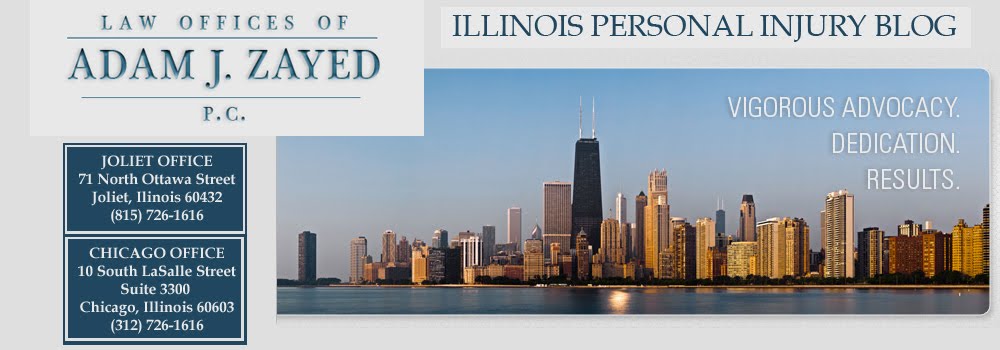Hearsay is a oral or written assertion, other than one made by the declarant while testifying at the trial or hearing, offered in evidence to prove the truth of the matter asserted.
A statement is not hearsay if: the statement is offered against a party and is (A) the party's own statement, (B) a statement of which the party has manifested an adoption or belief in its truth, (C), a statement by a person authorized by the party to make a statement concerning the subject, (D a statement by the party's agent or servant concerning a matter within the scope of the agency or employment, made during the existence of the relationship, (E) a statement by a co-conspirator of a party during the course and in furtherance of the conspiracy, or (F) a statement by a person, or a person on behalf of an entity, in privity with the party or jointly interested with the party.
As anyone who has been around a television within the last 50 years knows, Hearsay is not admissible except as provided by these rules, buy other rules prescribed by the Supreme Court, or by statute as provided in Rule 101.
There are several Hearsay Exceptions that apply whether the declarant is available or not:
-Excited Utterances
-Then Existing Mental, Emotional, or Physical Condition
-Statements for Purposes of Medical Diagnosis or Treatment (Particularly helpful in personal injury cases)
-Recorded Recollection
-Records of Regularly Conducted Activity
-Absence of Entry in Records Kept in Accordance with Records of Regularly Conducted Activity
-Public Records and Reports
-Records of Vital Statistics
-Absence of Public Record or Entry
-Records of Religious Organizations
-Marriage, Baptismal, or Similar Certificates
-Family Records
-Records of Documents Affecting an Interest in Property
-Statements in Documents Affecting an Interest in Property
-Statements in Ancient Documents
-Market Reports, Commercial Publications
-Reputation Concerning Personal or Family History
-Reputation Concerning Boundaries or General History
-Reputation as to Character
-Judgment of Previous Conviction
-Judgment as to Personal, Family or Gerneral History or Boundaries
-Receipt or Paid Bill
There are also Hearsay Exceptions that apply ONLY if the declarant is UNAVAILABLE.
(An unavailable witness includes only situations when declarant:
-is exempt by ruling of court on grounds of privilege;
-persistently refuses to testify despite court order;
-testifies to a lack or memory of the subject matter of the declarant's statement;
-is unable to be present or to testify because of death or existing physical or mental illness or infirmity;
-is absent and the proponent of a statement has been unable to procure the declarant's attendance.)
-Former Testimony (either given at as a witness (with exceptions) or during a discovery deposition pursuant to Supreme Court Rule 212(a)(5)).
-Statements Under Belief of Impending Death
-Statements Against Interest.
-Statement of Personal or Family History.
-Forfeiture by Wrongdoing
In Illinois personal injury cases that actually go to trial are becoming the exception to the rule. Some estimate that as few as 5% of injury cases that are filed in our court systems actually go to trial. It is true that settlement may be the appropriate way to dispose of many cases. However, at Law Offices of Adam J. Zayed, P.C. we prepare all cases that are filed as if they were going to trial.

That low percentage isn't really surprising anywhere. Around here, the often automatic reaction to an injury is to get insurance companies like philippine prudential to cover the bills.
ReplyDelete